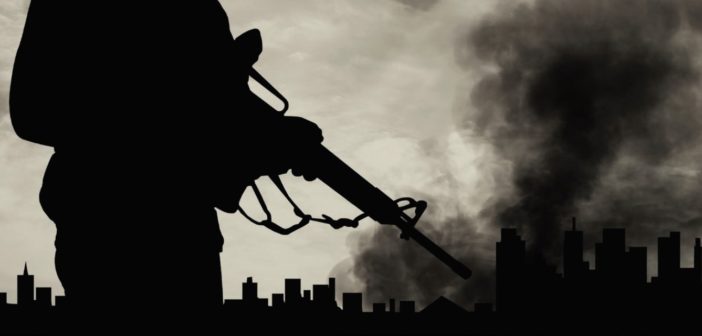
The global community must maintain a tough legislative stance to contain the influence of terrorists who use their contributions to humanitarian activities to win over the hearts and minds of local communities.
The Independent Reviewer of Terrorism Legislation in the UK, David Anderson QC, in his fourth report on terrorism financing legislation highlighted the negative impact that counter-terrorism financing legislation is having on overseas aid. He drew attention to the constraints placed by the counter-terrorism laws of various western countries on the activities of NGOs and contributors who seek to provide aid to territories which are under de facto control of proscribed terrorist groups or in which such groups are active on the ground. He highlighted a real risk of a ‘chilling effect’ on UK NGOs’ activities overseas at a time when their efforts are possibly more critical than ever before.
Anderson is not the only one with these views and in fact a great number of States and humanitarian organisations have expressed similar concerns.
Such laws are perceived as overly harsh and have the effect that people – concerned about doing the wrong thing – stop giving money to legitimate charities. Also, as the penalties attached to such laws are seen as excessive, they can lead to grievance and alienation in the community hindering cooperation with Police and intelligence agencies and potentially assist recruitment to the terrorist cause.
The argument follows that tough laws effectively criminalise legitimate humanitarian action by neutral and independent actors (like for example the International Committee of the Red Cross), potentially impeding their work and aggravating human suffering in war…Click HERE to read full article.






